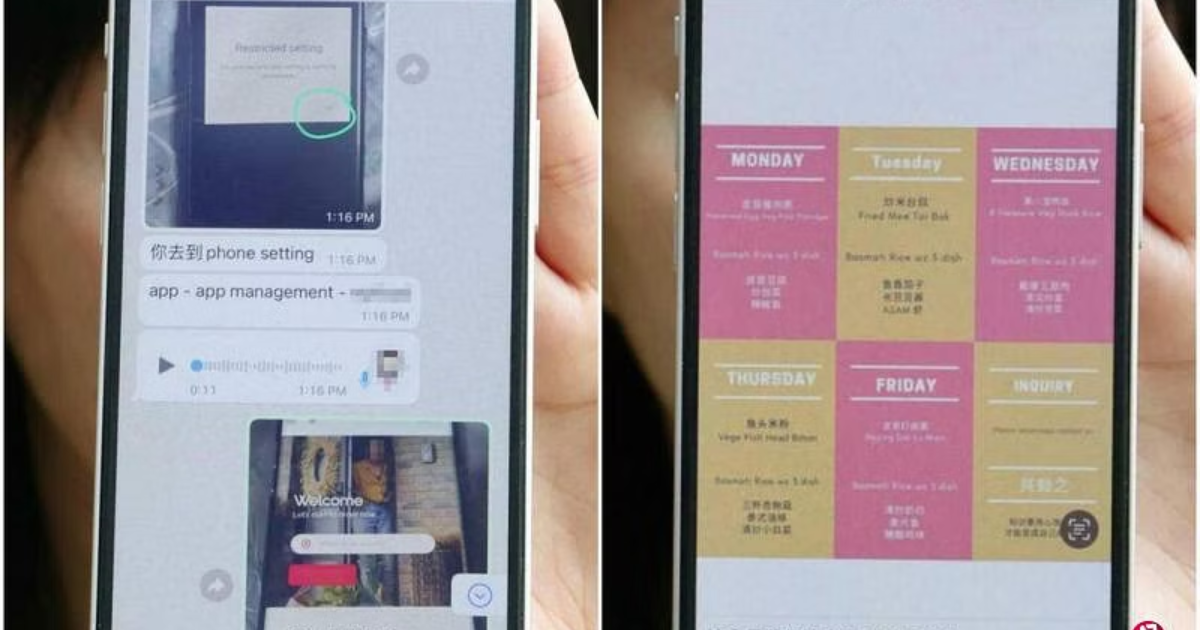Expectant Mother Falls Prey to Cunning Facebook Tingkat Scams
In today’s digital age, discerning between genuine offers and scams has become increasingly challenging.
This is particularly true on platforms like Facebook, where scams have proliferated, encompassing a wide range – from suitcase and sofa scams to mooncake deceptions and many others.
The story we’re about to delve into revolves around a Tingkat scam. Yes, you heard it right, a Tingkat scam.
A 40-year-old expectant mother, after meticulously narrowing down her choices from four to two merchants, decided to order Tingkat (a multi-tiered food container) services from two different vendors on Facebook.
One would naturally think that such careful selection would lead to a safer transaction, right?
Well, let’s find out as the story unfolds.
She was to pay $196 to MamaDish and a mere $2 to Ci Xin Vegetarian Restaurant.
But it was at the payment stage that the first signs of suspicious activity emerged, serving as a crucial reminder for all of us to remain vigilant.
Scam Trick 1: The App Download Ploy
Ci Xin Vegetarian Restaurant, in an unexpected turn, attempted to dupe her into downloading a payment app.
She received a WhatsApp message with a link, providing detailed instructions for making the payment.

Her husband entered his email, contact number, and delivery address for registration.
While on the bank’s webpage, he input his account information and password, a standard procedure for online purchases.
But then, something scary happened.
After receiving a One-Time Password (OTP), it auto-filled on the phone screen without any input from him.
It was almost as if the phone had taken on a life of its own.
In a state of alarm, her husband swiftly exited the meal ordering app and the bank webpage, immediately contacting the bank to reset the password, thereby thwarting the scammers’ attempt.
Wah, heng ah.
Scam Trick 2: The Unexpected Accident Ruse
Drawing parallels with common rental scams, many fraudsters maintain a facade of trust until the promised delivery day.
In this case, the woman, simply seeking to arrange her dinners in advance due to her pregnancy, faced a deceptive tactic from MamaDish.
On the scheduled delivery day, she was informed that the chef had suffered a car accident – a highly coincidental mishap.
The vendor posed a choice: accept a week’s delay in service or opt for a refund.
It seemed reasonable at first. However, before she could respond, she was abruptly blocked and could no longer locate the merchant’s Facebook account.
Just like that, $196 vanished into thin air, as if the scammer had merely been buying time until the funds were securely in their account.
After these consecutive encounters with scammers, the woman has sworn off ordering meals through Facebook, as reported in an interview with Shin Min Daily News.
She aims to use her harrowing experiences to heighten public awareness about the ever-evolving schemes and ploys used by scammers.
To aid in this awareness, here’s a brief overview of Android malware scams for your reference and caution:



